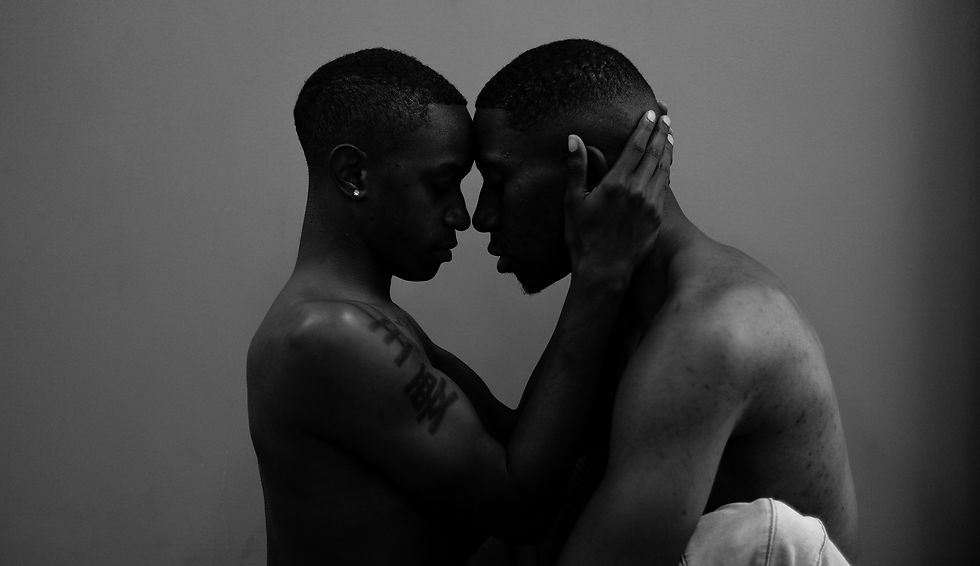How Langston Hughes's Work Exemplifies Enneagram 4s
- Leanette Pokuwaah

- Feb 20, 2019
- 3 min read
Updated: Feb 20, 2019
The Weary Blues
Langston Hughes, 1902 - 1967
Droning a drowsy syncopated tune,
Rocking back and forth to a mellow croon,
I heard a Negro play.
Down on Lenox Avenue the other night
By the pale dull pallor of an old gas light
He did a lazy sway . . .
He did a lazy sway . . .
To the tune o’ those Weary Blues.
With his ebony hands on each ivory key
He made that poor piano moan with melody.
O Blues!
Swaying to and fro on his rickety stool
He played that sad raggy tune like a musical fool.
Sweet Blues!
Coming from a black man’s soul.
O Blues!
In a deep song voice with a melancholy tone
I heard that Negro sing, that old piano moan—
“Ain’t got nobody in all this world,
Ain’t got nobody but ma self.
I’s gwine to quit ma frownin’
And put ma troubles on the shelf.”
Thump, thump, thump, went his foot on the floor.
He played a few chords then he sang some more—
“I got the Weary Blues
And I can’t be satisfied.
Got the Weary Blues
And can’t be satisfied—
I ain’t happy no mo’
And I wish that I had died.”
And far into the night he crooned that tune.
The stars went out and so did the moon.
The singer stopped playing and went to bed
While the Weary Blues echoed through his head.
He slept like a rock or a man that’s dead.From The Collected Poems of Langston Hughes, published by Alfred A. Knopf, Inc. Copyright © 1994 the Estate of Langston Hughes.Enneagram 4s and their strivings to discover and live as their true selves while seeking to belong, to be understood, to be known and to be loved. To be rooted in an identity that fully encompasses all that they are. Mirroring to the world their magnificence. But at what cost? There are clearly some “warring ideas” that especially Enneagram 4s of color have to confront on a daily basis. Within Hughes work especially here in his poem: The Weary Blues there is a yearning to capture the Black experience but there is a battle warring inside. Attempting to depict clearly and vividly the ordinary struggles of African Americans in his work while fighting off the notions of what it means to be American--to be white. Alluded to in his work, this psychological dilemma can only be described as the double consciousness W.E.B. Dubois coins.
Enneagrams 4s of color have the added conundrum in this white dominant culture to assimilate and yet have a deep yearning to express their full selves--both American and a person of color holding various other identities, but there seems to be no room for both to coincide.

In the end, what some would interpret the last stanza of the last line that writes “While the Weary Blues echoed through his head. He slept like a rock or a man that’s dead” as a confession of being utterly torn, stuck between, appearing as others would expect them and living as their truest self. The task of having to switch between two identities seems much too great. Bringing one to a possible fate of perpetual sleep to numb this stark reality. However, we know that Langston Hughes does well to stay true to himself. Depicting the most realist realities of the Black experience and bringing them to light despite the pressure to conform to the white ideal of what poetry should convey.

What colors, images, sensations, feelings come up? How does this change your perception of the 4s narrative?






Comments